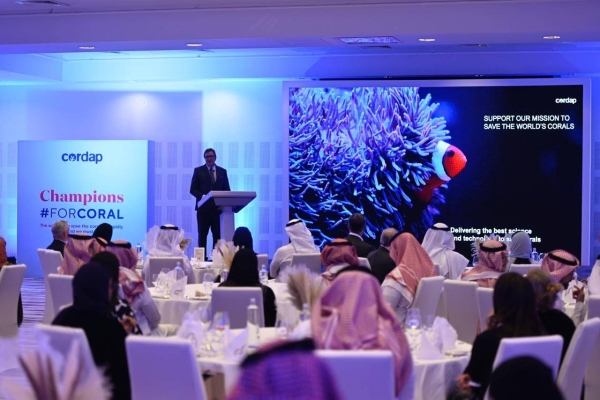
Almost exactly 80 years ago, British codebreakers made a crucial breakthrough. Using methods developed by the mathematical genius of Alan Turing, they were able to decipher the Enigma code that the Nazis were using on the eastern front in the second world war, gaining another crucial advantage for the allies.
Yet even as Turing’s contribution has begun to be accorded its proper importance, there are growing concerns among Britain’s most prominent mathematicians – and Turing’s own family – that a search for the Turings and Newtons of the future is being dented by declining opportunities to study pure mathematics.
They say pure maths departments have found themselves under threat as universities grapple with their finances and focus on more applied versions of the subject. Meanwhile, a focus on computing and artificial intelligence has, they argue, led to a downgrading of the study of pure maths that Turing defined as a heady mixture of “intuition and ingenuity”.
“My family are all so proud of the legacy of Alan Turing and he is now even on the £50 note,” said Rachel Barnes, Turing’s great-niece. “To honour that legacy we must keep funding and supporting pure maths – the subject at which my great uncle excelled and which was the bedrock his achievements were built on. I believe it is vital that young people who show a talent for pure maths should be able to study it at its highest level at university. This will keep our country leading in the area of mathematics and also science.”
Pure maths is the study of concepts independent of any application outside the subject, as opposed to applied maths, which focuses on its practical applications, such as statistics or probability. However, the campaigners, backed by the London Mathematical Society, argue that pure maths often informs real-world breakthroughs.
Just 35 of the UK’s 174 universities offer pure maths degrees, according to the Protect Pure Maths campaign, despite the number of students studying maths at A-level rising 10% between 2015 and 2020. Maths is now the most popular A-level subject, taken by more than 90,000 students.
Concerns for the discipline have been further raised by the decision by Leicester University to close its pure maths department, while there has been persistent speculation within the higher education sector that other institutions are considering similar cutbacks. Professor Nishan Canagarajah, president and vice-chancellor of the University of Leicester, said the changes were part of a long-term strategy playing to its strengths. “Every institution has to have the autonomy to decide which areas of research activity it will invest in and support, and the university has to manage its resources and its activity efficiently and effectively,” she said. It will continue to offer maths programmes related to computational modelling, digitalisation, artificial intelligence and data science.
Marcus du Sautoy, the Oxford mathematics professor who has worked to popularise the subject, and former BBC children’s presenter Johnny Ball are among those calling for a change in the reputation of the unapologetic number-cruncher.
Their demands include a request for parliament’s science and technology committees, which have played a crucial role in scrutinising the government’s handling of the pandemic, to add “maths” to their titles. A letter dispatched to the Lords and Commons committees states the change would “recognise the importance of mathematics to the economy and the country”.
“We will lose so many applications for real-world solutions if we limit what students are able to study when they study mathematics,” said Du Sautoy. “Turing’s work on Engima illustrates perfectly why we need blue-skies mathematics.
“Before the war he was working on something called the Riemann hypothesis, a very knotty mathematical question involving prime numbers and not seen as having obvious real-world applications. But that work would prove to be the foundations for all the things he did at Bletchley Park, where the Engima code was cracked. Maths that doesn’t have an obvious application can suddenly be key to pressing issues facing society or humanity. It’s never clear where breakthroughs will come from.
“Any closure of a pure maths departments is shortsighted. Instead we must show more universities the value of pure maths would add to their institution and to the country.”











